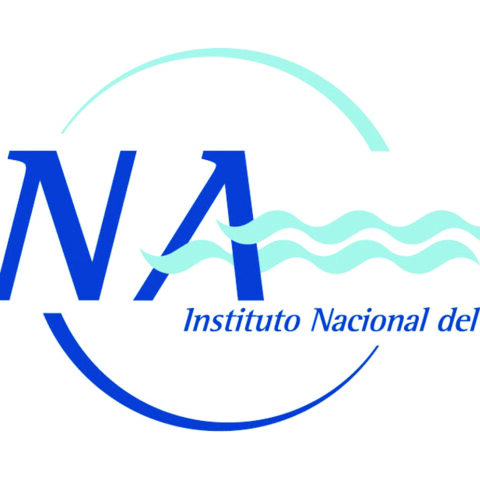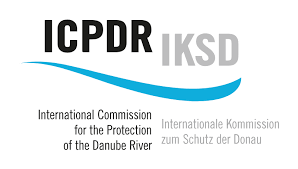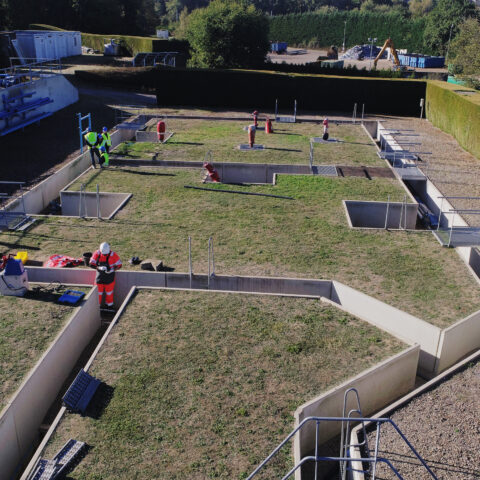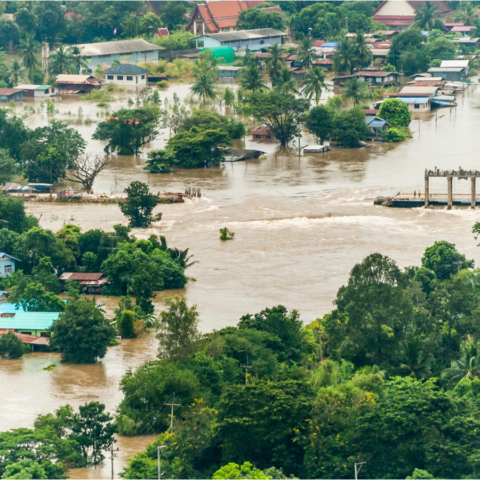
Increased frequency and intensity of floods and droughts, altered river flows, degradation of aquatic ecosystems, salinisation of coastal groundwater due to rising sea level, etc.
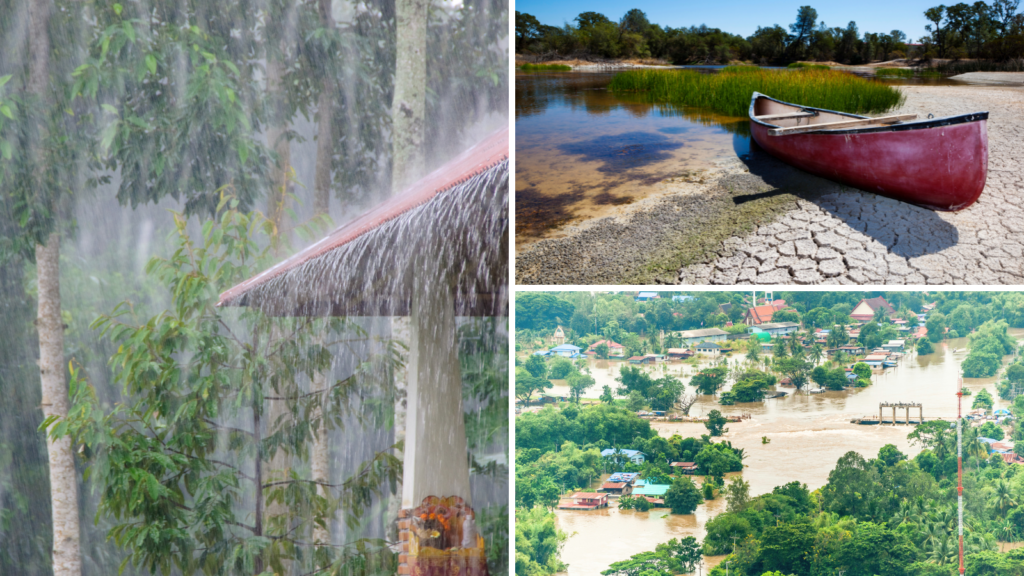
At every latitude, our societies are primarily affected by climate change through the water cycle. These impacts have a cascading effect on the environment, ecosystems, people’s access to water and economic sectors that are heavily dependent on water resources, such as energy, agirculture and industry.
The Integrated Water Resources Management (IRWM), which combines environment sustainability, social equity, and economic efficiency, is an efficient solution that has already proved its worth, in a variety of geographical contexts.
Its planning ensures that sectorial climate policies are consistent for each of these interdependent uses of water. Its participatory governance, based on knowledge, provides informed and concerted responses to disruptions in the water cycle that prevent conflicts. These actions are deployed on a basin scale, that is to say, the scale of the problems encountered, such as water scarcity, or overabundances. It is the geography of the basin, not the administrative geography, that determines the most appropriate location for effective measures.
The IWRM at basin level is therefore a valuable tool for adapting to climate change and avoiding the maladaptation inherent in unilateral and isolated actions, particularly in a transboundary context.
The United Nations Climate Change Conferences have gradually recognised this. But financing climate change adaptation actions at basin level remains difficult. The INBO and its partners are working, through their projects and advocacy initiatives, to improve access to funding of adaptation projects for national and transboundary basin organizations.
Biodiversity Preservation
Transboundary Cooperation



